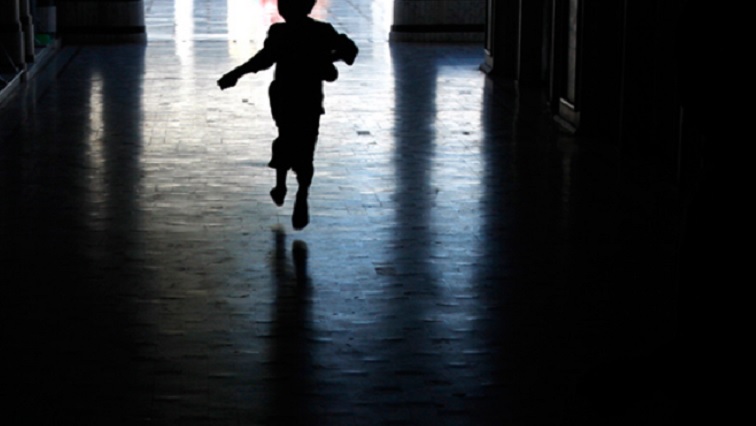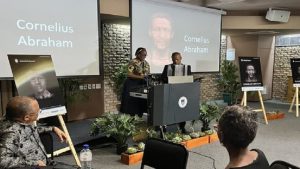One in three boys is likely to be sexually abused before the age of 18. This is according to a University of Cape Town study into sexual victimisation in South Africa.
As the country marks 16 Days of no Violence Against Women and Children, there are renewed calls for the focus to include the boy child.
Hoping to escape shame and guilt, Dirk Kotze dabbled in alcohol and drugs in his 20’s. As a child, he carried the secret of abuse for years.
He was repeatedly violated by a close family friend, who was also their dentist.
“I was powerless. I couldn’t do anything. It’s strange because you still trust that person. I thought it was my fault. I thought sometimes I allowed it to happen. I should’ve have spoken out. I should’ve ran out of the situation,” says Kotze.
It happened in the dentist chair, at family gatherings and on holidays. Kotze says as part of sexual grooming, he was showered with gifts and he was not the only victim.
His family ignored a red flag when the perpetrator was accused of molesting other children.
“I trusted him … to a point there was an accusation against him for child abuse, for sexual abuse against other boys. My parents, my family did not believe it. They were supporting him through this time, which made it worse. I couldn’t tell them, so I kept my silence for another three years before I couldn’t take it any longer and told my mother and father,” Kotze explains.
Gender rights groups say there is still a culture of silence in most communities.
“The reality of one in three boys and one in three girls is that we need to start talking about it, specifically in boys. The majority of boys in South Africa do not have a father figure. They do not have someone who they can look up at, the way things are supposed to be,” says South African Male Survivors of Sexual Abuse’s Rees Mann.
Boys are as vulnerable as girls.
“We have conversations and campaigns for the girl child about sexual abuse. We don’t have that conversation with the boy. People say is it a different conversation. I say no, it’s exactly the same conversation that you will have with the boy child as the girl child. The majority of the perpetrators are men. So, we can’t take men out of the equation … we can say what we want about gender-based violence, but if we don’t deal with the men who are hurting; who are broken; who are not positive role models to children, then we are not going to succeed,” says Mann.
Kotze has been substance-free for five years.
“You don’t have to suffer your whole life. You can become free of all the guilt,” he says, sending a message to survivors.
Watch the video below for more on the story:






